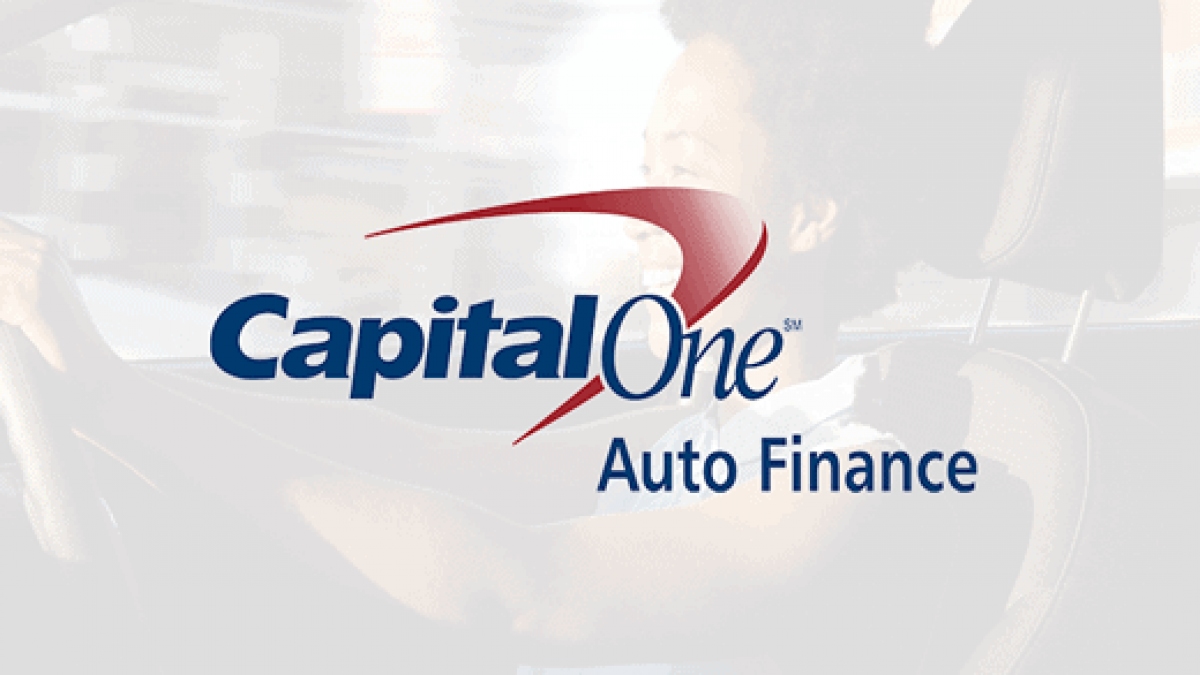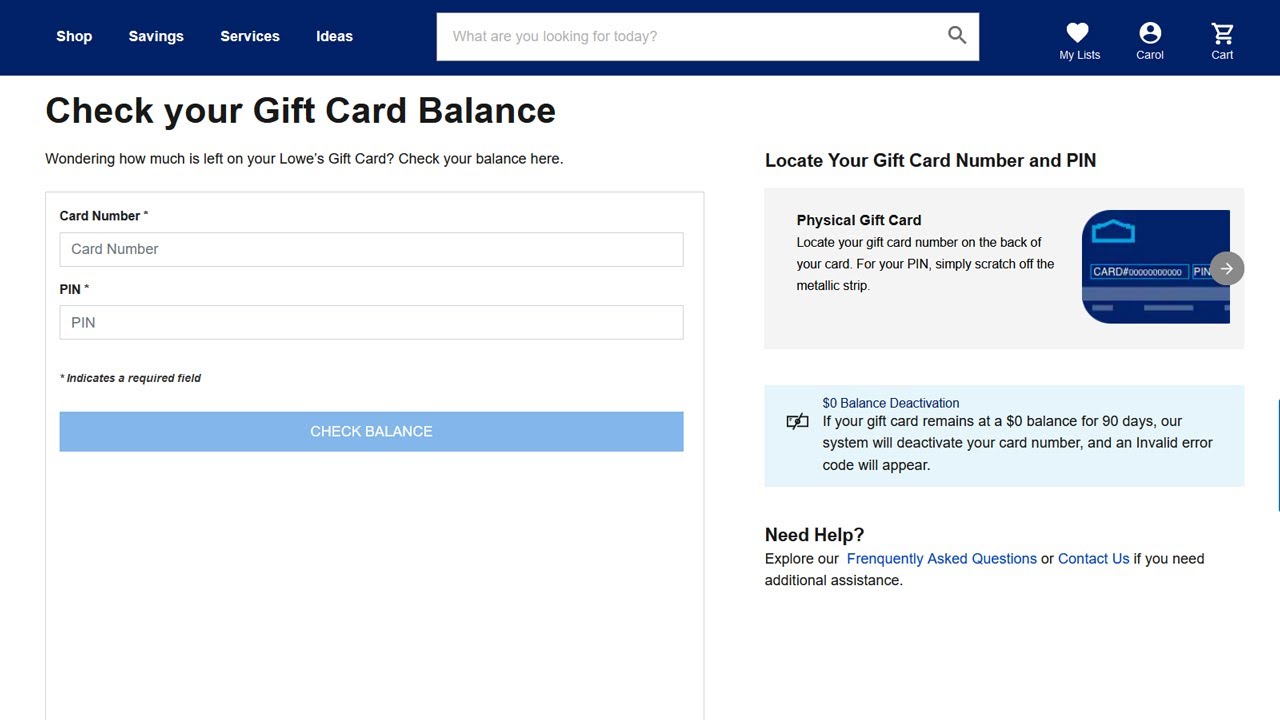Home>Finance>What Credit Bureau Does Capital One Use For Auto Loans?


Finance
What Credit Bureau Does Capital One Use For Auto Loans?
Modified: February 21, 2024
Find out which credit bureau Capital One uses for auto loans and how it can impact your finance options. Learn more about the credit bureau process.
(Many of the links in this article redirect to a specific reviewed product. Your purchase of these products through affiliate links helps to generate commission for LiveWell, at no extra cost. Learn more)
Table of Contents
**
Introduction
**
When it comes to securing an auto loan, understanding the role of credit bureaus is crucial. These agencies play a pivotal role in assessing an individual’s creditworthiness, which significantly impacts the terms and conditions of the loan. In the case of Capital One auto loans, the choice of credit bureau holds particular significance, as it directly influences the approval process and the terms offered to the borrower.
Exploring the relationship between credit bureaus and auto loans unveils the intricate mechanisms that determine an individual’s access to favorable financing options. This article aims to shed light on the credit bureau that Capital One typically utilizes for auto loans, providing valuable insights for individuals seeking to finance their vehicle purchase through this renowned financial institution.
Understanding the nuances of credit bureaus and their impact on auto loan approvals empowers consumers to make informed decisions, optimize their financial profiles, and enhance their prospects of securing favorable lending terms. By delving into the intricacies of this relationship, prospective borrowers can gain a comprehensive understanding of the factors that influence credit bureau selection and leverage this knowledge to their advantage.
**
Understanding Credit Bureaus
Credit bureaus, also known as credit reporting agencies, are entities that compile and maintain detailed records of individuals’ credit histories and financial behaviors. These agencies collect information from various sources, including lenders, creditors, and public records, to create comprehensive credit reports for consumers. The primary role of credit bureaus is to assess individuals’ creditworthiness based on their financial activities, including borrowing and repayment patterns, outstanding debts, and credit utilization.
Equifax, Experian, and TransUnion are the three major credit bureaus in the United States, each playing a pivotal role in evaluating consumers’ credit profiles. These agencies utilize complex algorithms to generate credit scores, which serve as numerical representations of individuals’ creditworthiness. Lenders and financial institutions rely on these credit scores to evaluate the risk associated with extending credit to potential borrowers.
Consumers can access their credit reports from these bureaus to review their financial standing and identify any discrepancies that may impact their creditworthiness. Understanding the information contained in these reports is essential for individuals seeking to improve their credit profiles and secure favorable loan terms, including auto financing.
Moreover, credit bureaus operate within the framework of consumer protection laws, such as the Fair Credit Reporting Act (FCRA), which mandates the accuracy, fairness, and privacy of the information contained in credit reports. This regulatory oversight ensures that individuals’ creditworthiness is assessed in a transparent and equitable manner, fostering trust and accountability within the credit reporting system.
By comprehending the role of credit bureaus and the intricacies of credit reporting, consumers can take proactive steps to manage their financial reputations, rectify any inaccuracies in their credit reports, and position themselves favorably when seeking auto loans and other forms of credit.
**
Importance of Credit Bureaus in Auto Loans
The involvement of credit bureaus in the auto loan approval process is paramount, as it directly influences the terms and conditions offered to borrowers. When individuals apply for auto financing, lenders, including Capital One, rely on credit reports and scores provided by these bureaus to assess the associated risk and determine the appropriate loan terms.
For individuals with strong credit profiles, characterized by a history of timely payments, low credit utilization, and minimal derogatory marks, credit bureaus play a favorable role in securing competitive interest rates and favorable repayment terms. Conversely, individuals with less favorable credit histories may encounter challenges in obtaining favorable loan terms, as lenders factor in the perceived risk based on the information provided by credit bureaus.
Furthermore, credit bureaus enable lenders to evaluate the consistency and reliability of individuals’ financial behaviors, offering insights into their ability to manage debt responsibly. This assessment is crucial in the context of auto loans, where the vehicle serves as collateral, and lenders seek assurance regarding the borrower’s capacity to meet their repayment obligations.
Understanding the significance of credit bureaus in the context of auto loans underscores the pivotal role of credit reports and scores in shaping borrowers’ access to financing. As such, individuals are encouraged to proactively manage their credit profiles, address any discrepancies, and cultivate healthy financial habits to enhance their prospects of securing favorable auto loan terms.
**
Capital One’s Preferred Credit Bureau for Auto Loans
Capital One, a prominent player in the auto lending industry, typically relies on all three major credit bureaus—Equifax, Experian, and TransUnion—to assess individuals’ creditworthiness when evaluating auto loan applications. This approach, known as a tri-merge or three-bureau credit report, allows Capital One to comprehensively evaluate applicants’ credit profiles, leveraging data from multiple sources to make well-informed lending decisions.
By utilizing data from all three major credit bureaus, Capital One gains a holistic understanding of applicants’ credit histories, ensuring a comprehensive assessment of their financial behaviors and creditworthiness. This multifaceted approach enables the financial institution to consider a diverse array of financial data, thereby offering a more nuanced evaluation of applicants’ creditworthiness.
Capital One’s commitment to leveraging data from multiple credit bureaus underscores its dedication to making informed lending decisions while providing opportunities for individuals with varying credit profiles. By considering information from all three bureaus, Capital One aims to offer inclusive financing options, accommodating a wide spectrum of credit histories and financial circumstances.
Moreover, Capital One’s reliance on a tri-merge credit report reflects its commitment to transparency and fairness in the lending process. By leveraging comprehensive credit data, the institution strives to ensure that lending decisions are based on a thorough evaluation of applicants’ credit profiles, promoting equitable access to auto financing for a diverse range of borrowers.
Understanding Capital One’s preference for a tri-merge credit report underscores the institution’s commitment to thorough credit assessment and inclusive lending practices. This approach aligns with Capital One’s overarching mission to provide accessible and transparent financial solutions to individuals seeking to finance their vehicle purchases.
**
Factors Affecting Credit Bureau Selection
The selection of a specific credit bureau or the utilization of a tri-merge credit report by lenders such as Capital One is influenced by various factors that collectively contribute to a comprehensive assessment of applicants’ creditworthiness.
1. Data Variability: Each credit bureau may possess unique data points and reporting methodologies, leading to variations in individuals’ credit reports and scores across the bureaus. Lenders recognize the value of accessing comprehensive data from multiple sources to gain a more holistic understanding of applicants’ financial behaviors and creditworthiness.
2. Risk Mitigation: By leveraging data from multiple credit bureaus, lenders can mitigate the risk associated with relying solely on one source of information. This diversified approach enables lenders to account for discrepancies or inaccuracies in credit reports from a single bureau, promoting more accurate and reliable lending decisions.
3. Comprehensive Assessment: The utilization of a tri-merge credit report allows lenders to consider a broader spectrum of financial data, encompassing information from Equifax, Experian, and TransUnion. This multifaceted evaluation facilitates a more comprehensive assessment of applicants’ credit profiles, offering a nuanced perspective on their creditworthiness.
4. Inclusive Lending Practices: Accessing data from all three major credit bureaus aligns with lenders’ commitment to inclusive lending practices, accommodating individuals with diverse credit histories and financial circumstances. This approach reflects a dedication to providing equitable access to financing opportunities while promoting transparency and fairness in the lending process.
5. Regulatory Compliance: Lenders adhere to regulatory standards governing credit reporting and lending practices. By leveraging a tri-merge credit report, lenders such as Capital One demonstrate their adherence to regulatory requirements, ensuring that lending decisions are based on a comprehensive and compliant assessment of applicants’ credit profiles.
Understanding the factors influencing credit bureau selection illuminates the multifaceted considerations that underpin lenders’ approach to assessing individuals’ creditworthiness. By embracing a diversified and comprehensive evaluation of credit data, lenders strive to make informed and equitable lending decisions, fostering accessibility and transparency in the auto financing landscape.
**
Conclusion
The interplay between credit bureaus and auto loans holds profound implications for individuals seeking to finance their vehicle purchases. Understanding the pivotal role of credit bureaus in shaping lending decisions empowers consumers to proactively manage their credit profiles and optimize their prospects of securing favorable auto loan terms.
Capital One’s preference for a tri-merge credit report underscores the institution’s commitment to comprehensive credit assessment and inclusive lending practices. By leveraging data from all three major credit bureaus, Capital One aims to provide a nuanced evaluation of applicants’ creditworthiness, promoting transparency and equitable access to auto financing opportunities.
Factors such as data variability, risk mitigation, comprehensive assessment, inclusive lending practices, and regulatory compliance collectively influence the selection of credit bureaus by lenders. Embracing a multifaceted and diversified approach to credit assessment enables lenders to make well-informed and equitable lending decisions, fostering accessibility and fairness in the auto financing landscape.
Ultimately, the synergy between credit bureaus and auto loans underscores the significance of actively managing one’s credit profile, rectifying inaccuracies, and cultivating healthy financial habits. By doing so, individuals can enhance their creditworthiness, optimize their prospects of securing favorable auto loan terms, and embark on their vehicle ownership journey with confidence and financial prudence.














